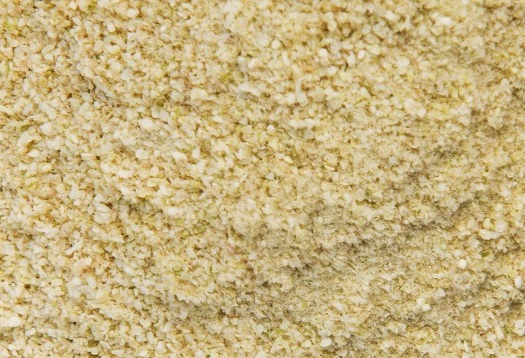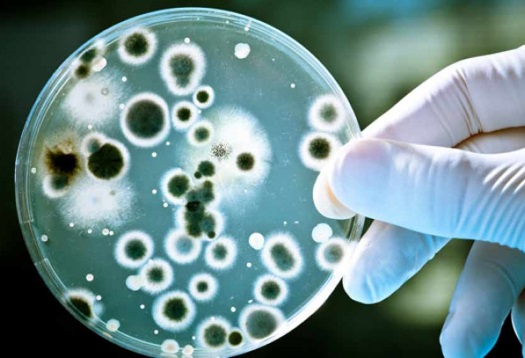Author Archives: Gunter Ternes
The closest thing to fresh plants is freeze drying. Yet it even concentrates all aspect of the plant as many pounds of plants are needed to produce one pound of powder. Enzymes and antioxidants are concentrated many fold as well. Other methods, like air drying etc., have active constituents of the plants lost. The process […]
NEW EARTH SUPERFOODS PRESENTING “PACIFIC SEA PLANKTON” Recent research has revealed the tremendous antioxidant value that is contained in Sea Plankton. This certainly is not accidental as Sea Plankton is the original life form preceding all living creatures on our planet as we all came originally from the ocean. Our bodies contain mostly water, with […]
Autism is a complex developmental disability that affects a person’s ability to communicate and interact with others, with a wide range of behavioral, social, and language problems. Autism usually appears during the first three years of life. Autism is characterized by a collection of neurobehavioral, neurological, gastrointestinal and immunological dysfunctions that include a loss of […]
Candida is a fungus that normally inhabits the mouth, throat, gbastrointestinal tract and vagina. Under normal conditions, candida exists within us in a healthy balance, and the body’s immune system keeps it from spreading. When your immune system is strong, candida yeasts presents no problem. But, if you have a poor and sugary diet, nutritional […]
by ROB STEIN November 18, 2013 3:07 AM Illustration by Benjamin Arthur for NPR Could the microbes that inhabit our guts help explain that old idea of “gut feelings?” There’s growing evidence that gut bacteria really might influence our minds. “I’m always by profession a skeptic,” says Dr. Emeran Mayer, a professor of medicine and psychiatry at the […]
by MICHAELEEN DOUCLEFF December 11, 2013 1:34 PM To figure out how diet influences the microbiome, scientists put volunteers on two extreme diets: one that included only meat, egg and cheese and one that contained only grains, vegetables and legumes. Morgan Walker/NPR Looks like Harvard University scientists have given us another reason to walk past the cheese […]




